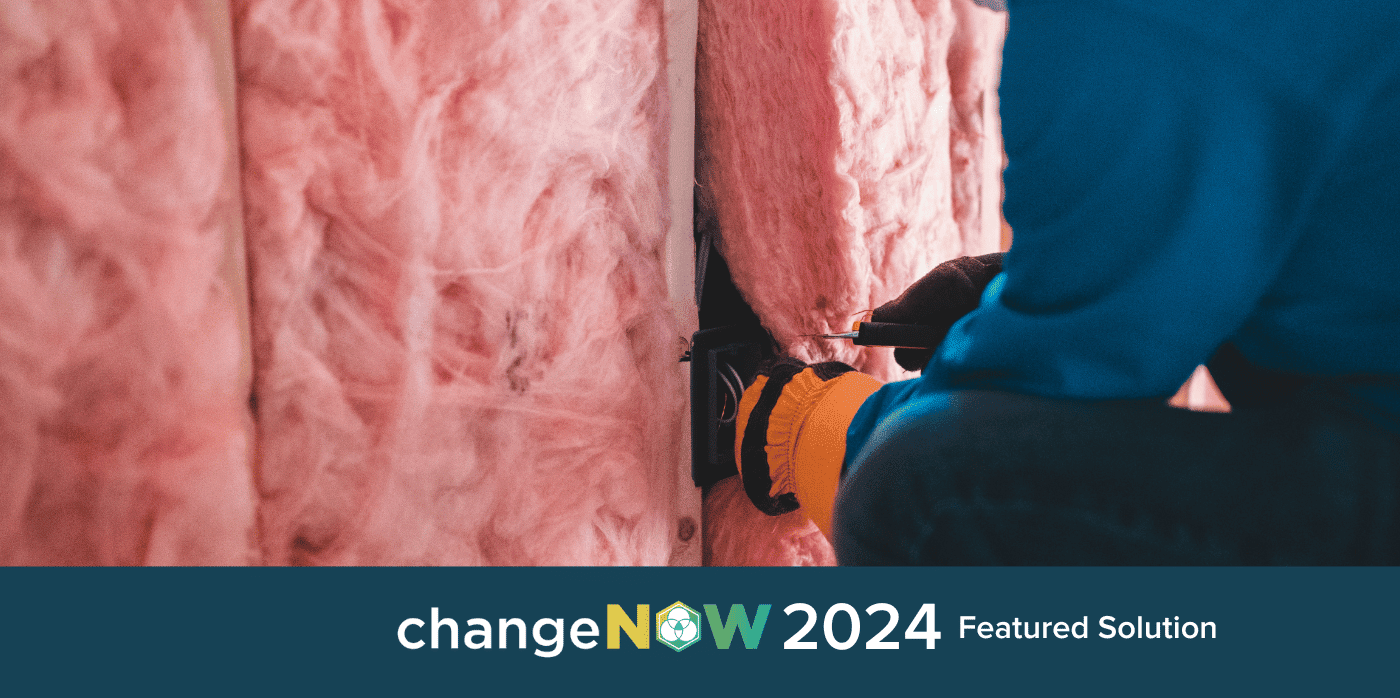Foam for the future: bio-polyurethane for cars and construction

Spotted: Polyurethane is one of the main ingredients in insulating foam and industrial sealants and adhesives, and thanks to steady expansion of the construction and automotive industries, it is a rapidly growing market. Polyols are the chemical building blocks of those materials. Biopolyols are made from vegetable oils and are increasingly sought after for use in renewably produced and sustainable polyurethanes.
The foam made from polyurethane can be rigid or flexible, with rigid foams used for insulation in construction, and flexible foams used in furniture and vehicle interiors. If alternatives to petroleum-based polyols can be produced at scale, industrial reliance on fossil fuel for this common polymer could be significantly decreased.
Cypriot startup Ecorbio found a way to do this and more, with its patent-pending Crudyol project. Using biomass waste streams, the company produces biopolyols. Not only does the use of organic waste reduce global consumption of virgin feedstocks, but it also decreases pressure on arable land to produce crops for industry rather than food.
The company works with a range of organisations in a variety of industries to chemically upcycle their biomass waste. As well as adhesives and foams, Ecorbio also produces customised products such as nozzles and gaskets. The biopolyurethane can be cast, making it an ideal replacement for hard-wearing, strong plastics. Ecorbio is currently working to bring Crudyol to market.
Replacing plastic with sustainable alternatives and dealing with the mountains of waste that have already been created are global challenges being approached by innovators in multitudes of ways. Innovations showcased in Springwise’s library include using fungi to produce new packaging options and turning invasive plants into biodegradable plastics.
Written By: Keely Khoury

